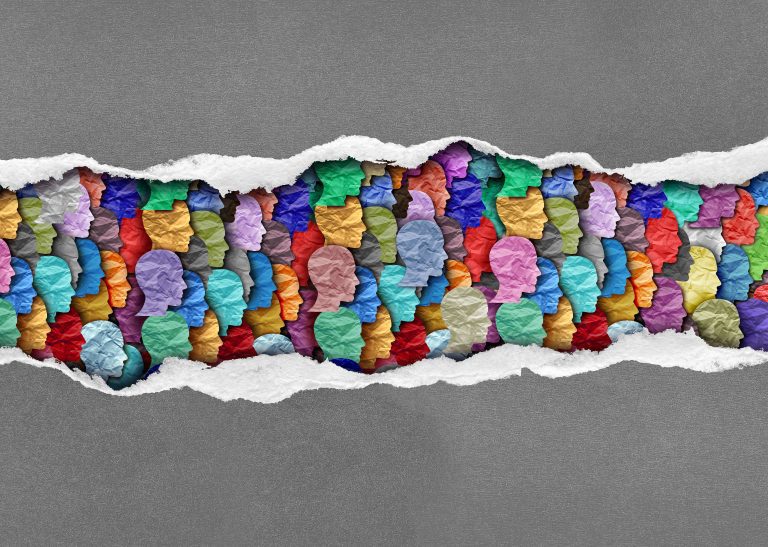Applying to medical college can be a stressful and complicated process. With many tasks to complete from filling out forms to submitting documents on time, it’s easy to feel overwhelmed. But there’s a solution that can help simplify things using Human Resources insights. Normally used in business for recruiting and hiring HR insights can also help medical college applicants.
By applying these strategies students can reduce stress, organize their efforts and increase their chances of success. With HR insights you can streamline your application process, save time and focus on becoming a great doctor.
How HR Insights Can Help
HR insights are special ways of looking at information about people. They help organizations make smart decisions about who to hire or accept. In the case of medical schools, HR insights can help them:
- Find the best students
- Make the application process fairer
- Save time and money
- Make sure they’re following all the rules
When applying these HR-based strategies to the college application process, students can learn to track their progress, develop strong applications, and avoid common mistakes.
Why Do Medical Schools Need HR Insights?
The medical college application process is notoriously competitive, with numerous requirements and deadlines to manage. From transcripts and test scores to personal statements and letters of recommendation, the sheer volume of paperwork can be overwhelming. These are some of the challenges that medical schools face:
The Challenge of Choosing the Right Students
Medical schools get thousands of applications every year. They need to find students who:
- Are smart and good at science
- Care about helping people
- Can handle the stress of being a doctor
- Will fit well with the school’s program
It’s a big job to find all this out just from application forms and interviews.
Beyond Grades and Test Scores
Good grades in science classes and high scores on tests like the MCAT are important. But medical schools know that being a good doctor is about more than just being smart. They want to find students who have other important qualities too, like:
- Empathy (caring about others)
- Communication skills
- Leadership abilities
- Teamwork skills
HR insights can help schools look for these qualities in a more organized way.
How HR Insights Help Streamline Medical College Applications?
HR insights offer a data-driven approach to understanding the application process and identifying areas for improvement. By analyzing trends and patterns in successful applications, HR insights can help:
1. Improved Candidate Screening
HR insights help schools sort through applications more quickly and fairly. They use computer programs that can:
- Look for specific keywords in application essays
- Check if applicants have the required courses and grades
- Flag applications that stand out in good or bad ways
This helps schools focus on the most promising applicants without missing anyone great.
2. Personality Assessments
Some medical schools now use personality tests as part of their application process. These tests, which come from HR practices, help schools understand:
- How applicants might handle stress
- If they work well in teams
- Their communication style
This information helps schools find students who will do well in medical school and as doctors.
3. Predictive Analytics
HR insights include special math called predictive analytics. This helps schools guess:
- Which students are most likely to finish the program
- Who might need extra help
- Which applicants might become leaders in their field
By using these predictions, schools can build a diverse and successful class of future doctors.
4. Comprehensive Review Process
HR insights encourage schools to look at the whole person, not just their grades. This “holistic” approach considers things like:
- Life experiences
- Volunteer work
- Cultural background
- Personal challenges overcome
This helps schools find unique and talented students who might not have the highest test scores but would still make great doctors.
5. Bias Reduction
One big problem in any selection process is bias – when people make unfair judgments without realizing it. HR insights help reduce bias by:
- Using standard criteria for all applicants
- Hiding personal information that might influence decisions unfairly
- Training application reviewers to recognize and avoid bias
This makes the application process fairer for everyone.
How to Prepare for HR-Informed Applications
If you’re thinking about applying to medical school, here are some tips to help you prepare for applications that use HR insights:
1. Develop a Wide Range of Skills
Don’t just focus on studying – broaden your experiences by volunteering in healthcare settings, joining clubs or sports teams to build teamwork skills, and taking on leadership roles when possible. This will help create a well-rounded profile that showcases your skills and passions beyond academics.
2. Seek Feedback
Ask teachers, mentors, or med school admissions consultants for honest feedback about your strengths and areas for improvement. This can help you present yourself better in your application.
3. Reflect on Your Experiences
Think about what you’ve learned from your life experiences. Be ready to talk about challenges you’ve overcome, times you’ve helped others, and what motivated you to become a doctor.
4. Be Authentic
HR insights are designed to find real, genuine candidates. Don’t try to be someone you’re not. Instead, focus on showing your true strengths and passions.
5. Practice Self-Assessment
Get used to thinking about your own skills and personality. This will help you in interviews and on application questions.
The Future of Medical School Applications
As HR insights become more common in medical school applications, we can expect some exciting changes. Schools might use virtual reality to test how applicants handle real-life medical situations. Artificial intelligence could be used to conduct initial interviews, asking questions and analyzing responses.
Medical schools might also assess students’ progress over time, starting from high school. Also, schools might focus more on specific skills and experiences rather than just academic performance.
Conclusion
HR insights are making a big difference in how medical schools choose their students. They’re helping to make the process faster, fairer, and better at finding tomorrow’s great doctors. If you’re thinking about applying to medical school, understanding how HR insights work can help you put your best foot forward.
Guest writer.



























